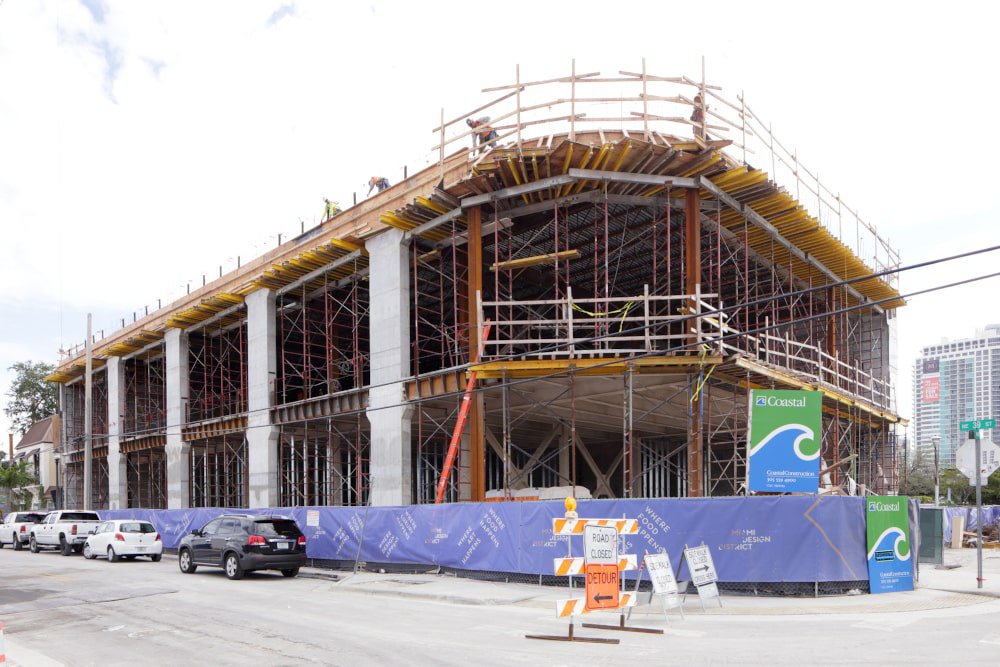What Happens if You Can’t Close on Your Pre-Construction Condo or House?

Given the hefty pricetags on properties across Canada, many aspiring homebuyers have turned to the pre-construction market in recent years. Developers who build entire neighbourhoods or areas at once need to make sure they fill those home with tenants.
As a result, pre-construction homes are often offered at a fixed price, avoiding price hikes and bidding wars, and sometimes even falling below future market rates. This arrangement works because agreeing to buy a home before it is built takes a lot of tenancy risk off the backs of the developers in question.
| What are the Disadvantages of Pre-Construction? | What Happens if You Can't Close on a House that is Pre-Construction? | How Can I Mitigate the Risk of Being Unable to Close on a Pre-Construction Home? |
|---|---|---|
|
|
|
What are the Disadvantages of Pre-Construction?
Despite the potential for a great deal, there are also many disadvantages to buying a pre-construction house. For one, the 5% down payment you may be eligible for with CMHC insurance typically won’t fly with a pre-con developer. Although you can sometimes spread your down payment across the construction period (multiple payments), the minimum downpayment is set by the developer — often at 20% .
Another common problem is pre-construction home delays. Depending on when in the construction process you buy, you may be left waiting anywhere from six months to upwards of 5 years before your home is built. Delays in construction can also interfere with your planned timeline for move-in.
Taxes and fees also play an interesting role. While homebuyers that plan to live in their purchased property will see their HST tax baked into the purchase price, investors who want to buy pre-construction may face additional taxes on top of the purchase price that they would not otherwise face. Additionally, you may face additional fees throughout the process, and you are at greater risk of forfeiting your deposit if you cannot close on your house once it is constructed.
What Happens if You Can't Close on a House that is Pre-Construction?
Whether a delay in construction put you in jeopardy with your lender, or you find yourself in an unforeseen financial situation, there may be instances in which you can no longer close on a pre-construction home once it is ready.
In this scenario, a few things can happen. Because you have already signed the purchase agreement, you are legally bound to that contract, and walking away can come with significant consequences.
For one, you will most likely forfeit your deposit. For pre-construction properties, deposits can range but typically fall around $80,000. This is a significant sum of money to walk away from.
You also may face legal action from the developer. If market prices today are lower than the price you originally signed for , you may be sued for the difference — as the builder cannot recover that. Historically, courts often side with the builders in these cases, and you may be held liable for a number of fees on top of the shortfall itself. If you are taken to court by the builder, this will also have a significant impact on your credit score, which may limit your future ability to buy a home.
How Can I Mitigate the Risk of Being Unable to Close on a Pre-Construction Home?
If you are set on buying a pre-construction home , there are certainly ways to mitigate the inherent risks that come with this property type.
For one, you can consider buying further into the construction process to limit the risk of unforeseen outcomes.
You can also seek to acquire a pre-construction mortgage from a lender that is flexible and has experience with pre-construction properties. Such lenders are more likely to be lenient when it comes to construction delays. A Clover Mortgage broker can help you shortlist the best lenders for your needs, and then help you achieve the best terms for your expected outcome.
“ You never want to find yourself needing to breach a purchase agreement. There are many pre-emptive steps you can take before it reaches that point.”
Linda Mac , Mortgage Agent Level 2
For more information, or to receive a personalized consultation, contact Clover Mortgage today.
FAQ
What are the financial penalties for failing to close on a pre-construction property in Canada?
Failing to close on a house in Canada often involves forfeiting your deposit, which can range but is typically no less than $50,000. You may also face additional legal fees and Canadian real estate closing penalties if the home builder seeks legal action against you for breach of contract.
Overall, the bill can rack up to hundreds of thousands of dollars.
Can I assign my purchase agreement to another buyer if I can't close?
Sometimes, it is possible to assign your purchase agreement to another buyer if you cannot close. Pre-construction condo closing issues are bound to arise for some prospective buyers, so many contracts have clauses built in that may allow you to transfer your purchase agreement or even sell a pre-construction condo outright. To be entirely sure, you should check with your lender, your mortgage broker, and your legal counsel.
How does failing to close affect my deposit on a pre-construction home?
Failing to close on a pre-construction home typically results in a foregoing of the deposit. Since pre-construction deposits are typically over $50,000, this is a significant amount of money to forfeit for many homebuyers.
What legal actions can the developer take if I don't complete the purchase?
If you do not complete your purchase, the developer may be able to sue you for any losses they incur as a result (diminished property value, etc.) through breach of contract civil law.
Are there options to extend the closing date on a pre-construction property?
Yes, there are several options through which you can potentially extend the closing date on your pre-construction property. Of course, most of these options come back to specific terms and clauses within your original purchase agreement. If you are considering buying a pre-construction home, it may be wise to negotiate with the developer and build in some extension clauses that will provide you with greater flexibility down the line.
Sources:




